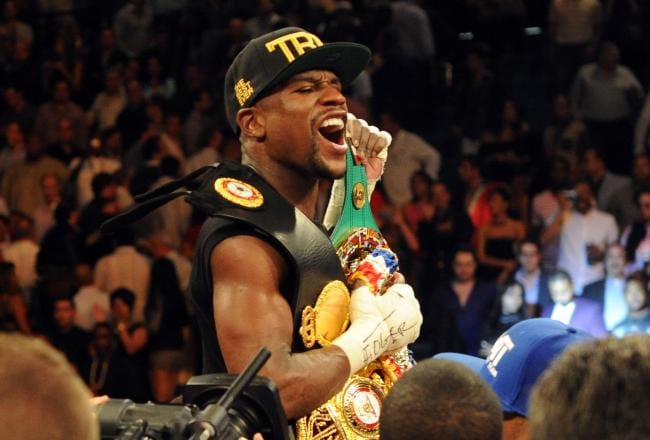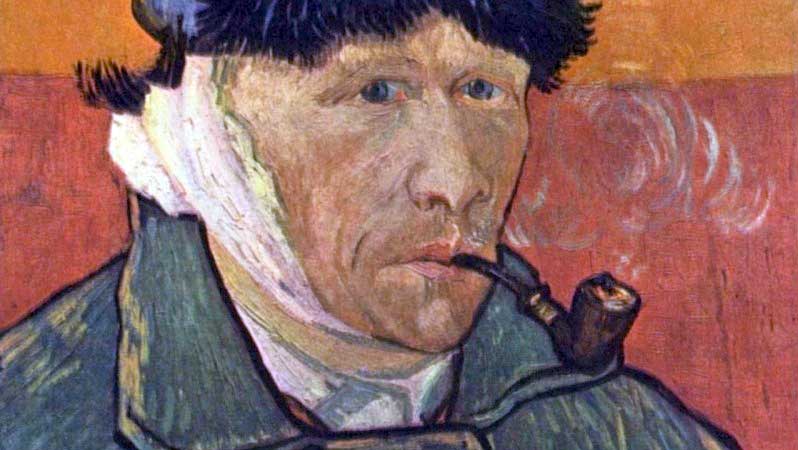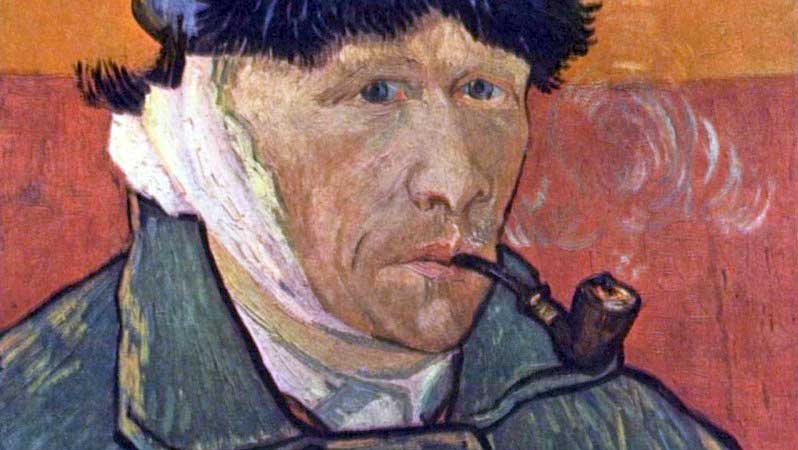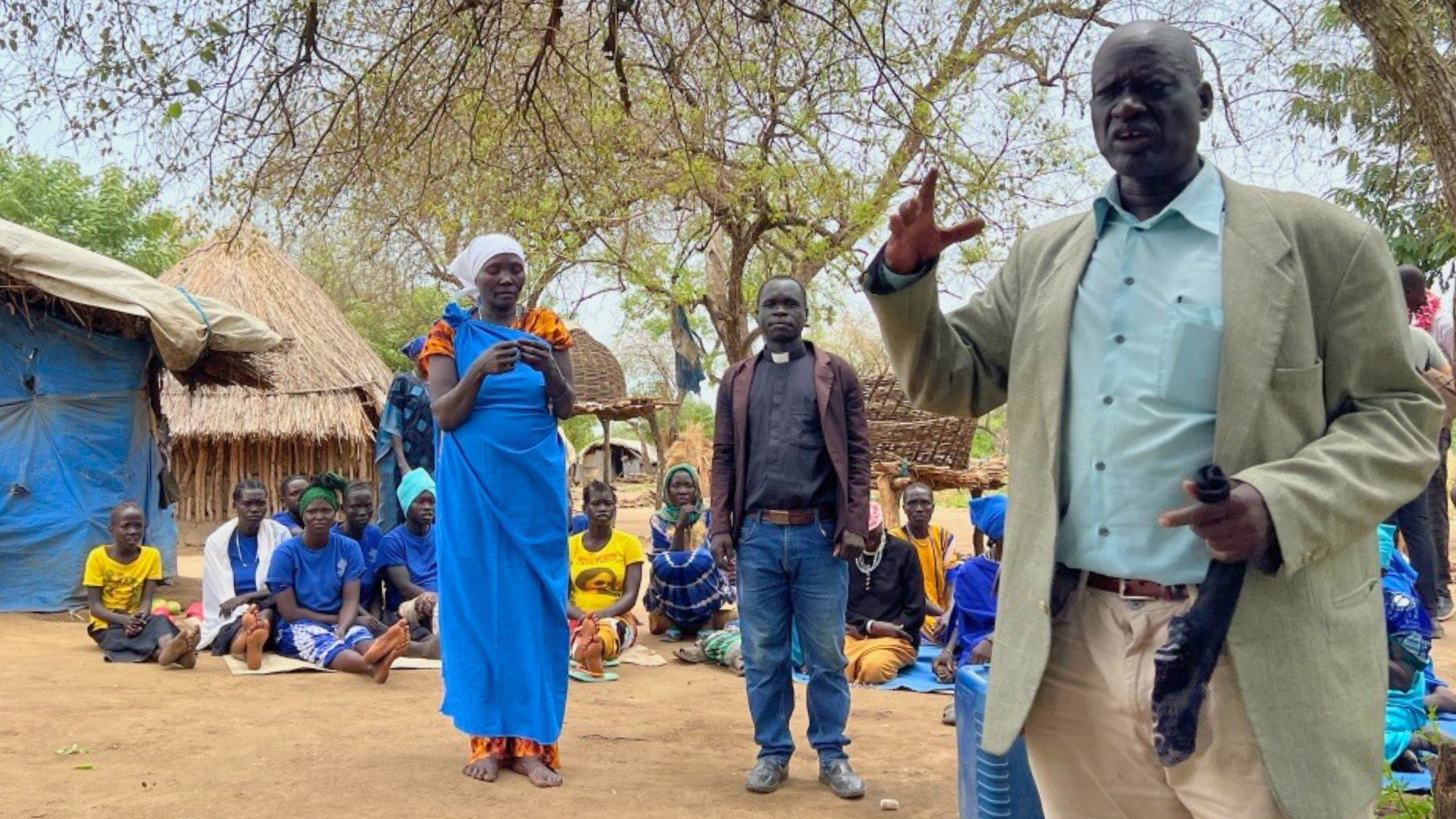 CHICAGO, IL (August 25, 2016) — Covenanters routinely share links to social media articles and videos that Covenant News Service believes may be of interest to others. Each Friday we post five of them. Following is a sample of those submissions—their inclusion does not represent an endorsement by the Covenant of any views expressed.
CHICAGO, IL (August 25, 2016) — Covenanters routinely share links to social media articles and videos that Covenant News Service believes may be of interest to others. Each Friday we post five of them. Following is a sample of those submissions—their inclusion does not represent an endorsement by the Covenant of any views expressed.
Mayweather Still Boxing After All Those Beatings—of Women
Boxing superstar Floyd Mayweather has pleaded guilty multiple times to domestic violence—and served jail time—yet he continues to receive adulating attention from sports fans. Tonight he will earn a guaranteed $100 million (and up to $400 million depending on whether various metrics are met) when he takes on Conor McGregor. Why is there no public outcry? Why are sports outlets still covering his fights?
From the article: “Why does Mayweather remain such a compelling figure despite his repeated and documented instances of domestic abuse? Let us count the ways: There are no publicly available photos showing the evidence of his crimes; there’s no central organization to hold Mayweather and other abusive boxers to account; and there’s an understanding, however contentious, that some boxers are inherently violent, their rage uncontrollable.”
Inside the Country Where Down Syndrome Is Disappearing
In Iceland nearly 100 percent of pregnancies in which there is a positive test for Down syndrome are terminated. That has led some to say that Down syndrome has been eradicated from the country. Critics counter that what has been eradicated are people with the genetic disorder.
From the article: “Other countries aren’t lagging too far behind in Down syndrome termination rates. According to the most recent data available, the United States has an estimated termination rate for Down syndrome of 67 percent (1995-2011); in France it’s 77 percent (2015); and Denmark, 98 percent (2015). The law in Iceland permits abortion after 16 weeks if the fetus has a deformity—and Down syndrome is included in this category.”
Scouts Formed Bond in Japanese Internment Camp
The political leanings of Norman Mineta and Alan Simpson could hardly be more different. Mineta is a liberal Democratic congressman from California, former mayor, and served as a Cabinet secretary for two presidents. Simpson is a former conservative Republican senator who represented his state of Wyoming for 18 years. But they do agree on one thing—the place the two close friends met should have never existed.
From the article: “When they are together, it’s not hard to see the Boy Scouts they were when they met seven decades ago, in the barbed-wire Japanese internment camp that sprawled over desolate fields. One was imprisoned here; one belonged to the only troop that agreed to a jamboree on the inside.”
How a Burning Man Camp Project Became a Multimillion-Dollar Business
 Christian Weber may or may not have found spiritual enlightenment at Burning Man, the annual gathering in the Black Rock Desert in Nevada that begins this weekend. But he hit upon an idea that may make him some money as well as provide emergency shelter to refugees and other people displaced by disasters around the world.
Christian Weber may or may not have found spiritual enlightenment at Burning Man, the annual gathering in the Black Rock Desert in Nevada that begins this weekend. But he hit upon an idea that may make him some money as well as provide emergency shelter to refugees and other people displaced by disasters around the world.
From the article: “You can find ASSI shelters all around the world. They’re in Haiti, Japan, and Nepal. In Greece, they’ve been used to warm up refugees as soon as they emerge from the ocean. Weber says ASSI worked with a software company to donate 200 Shiftpods to the city of Honolulu for disaster response and to help house the homeless in the Nation of Hawaii. And last year, when a hurricane was bearing down on Florida, Weber got a call asking for a thousand units. ‘We had a few hundred,’ he says. ‘We put them on a trailer and were ready to go.’”
Gauguin’s Version of the Night Van Gogh Cut Off His Own Ear
 You’ve probably heard that Van Gogh cut off his ear after being rejected by a woman he loved. The artist Paul Gauguin was the painter’s closest friend and mentor, and his journals reveal the true version of the event.
You’ve probably heard that Van Gogh cut off his ear after being rejected by a woman he loved. The artist Paul Gauguin was the painter’s closest friend and mentor, and his journals reveal the true version of the event.
From the article: “From that day on, Gauguin recounts, Van Gogh—‘my Van Gogh’—began making ‘astonishing progress,’ found his voice as an artist and came into his own style, cultivating the singular sense of color and light for which he is now remembered. But then something shifted—having found his angels, Van Gogh had also uncovered his demons. Gauguin recounts the tempestuous emotional climates that seemed to sweep over Van Gogh unpredictably—the beginning of his descent into the mental illness that would be termed bipolar disorder a century later.”














